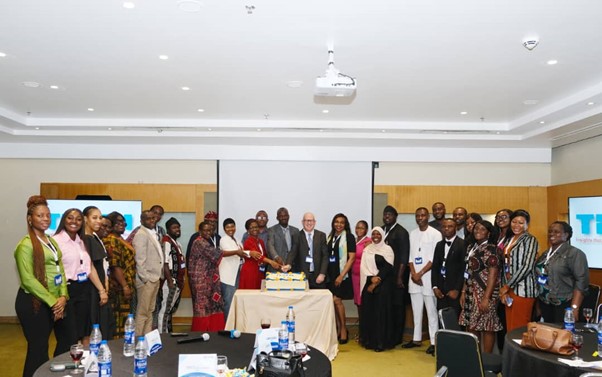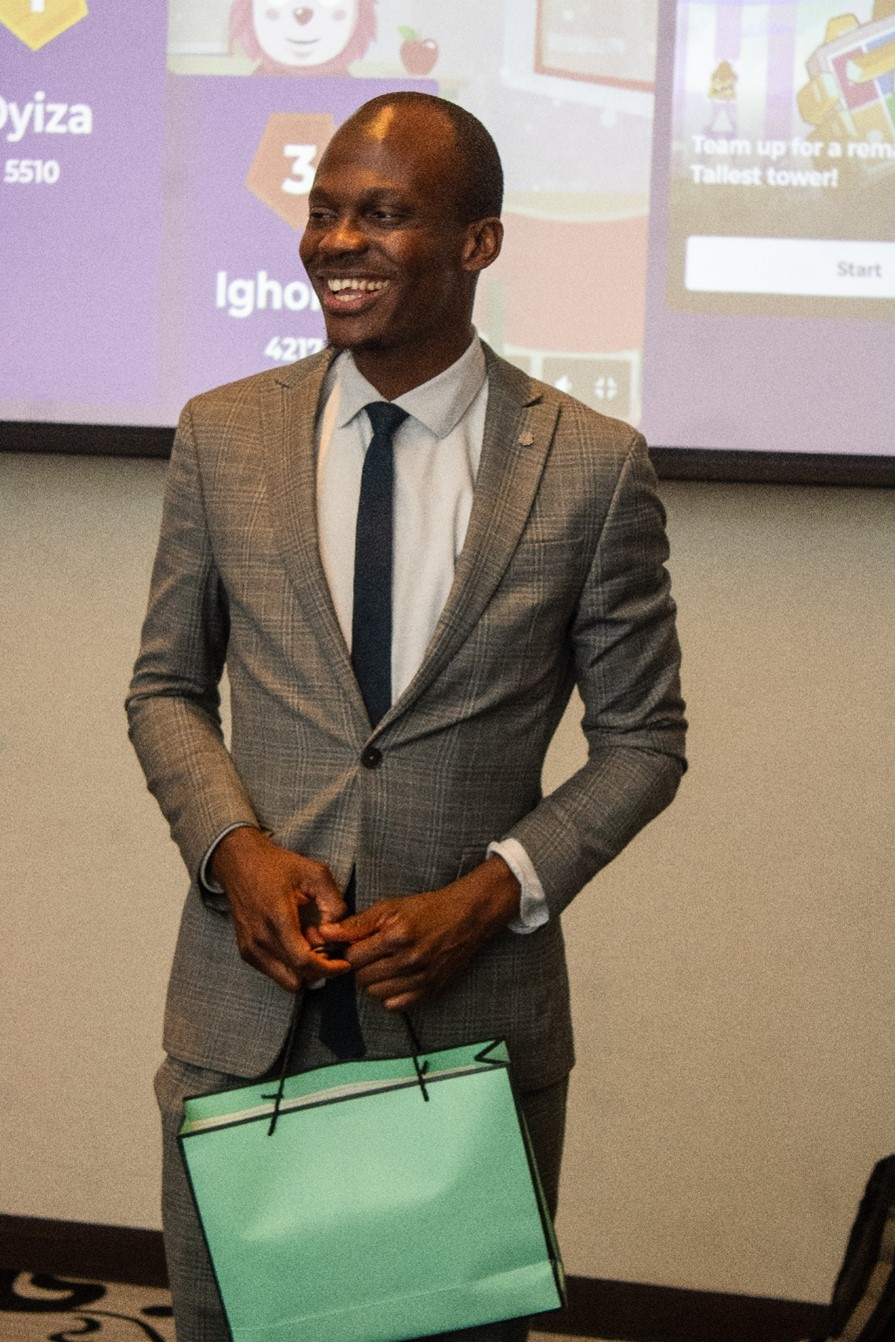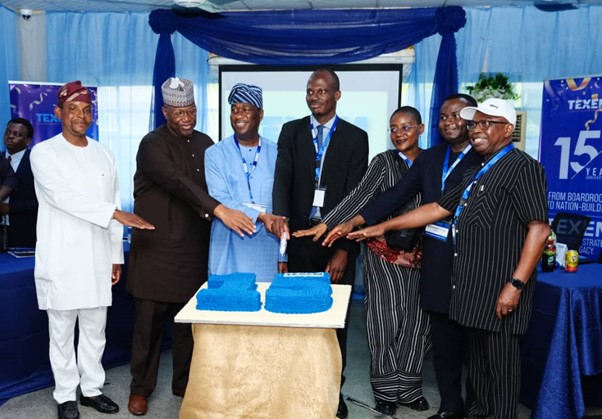TEXEM UK tasks African leaders on autonomy to tackle economic fragmentation
As the global economy faces continuous threat of fragmentation, African leaders have been advised to use the opportunity to their advantage by pursuing strategic autonomy to survive. Making the call in a statement, Caroline Lucas, a director from TEXEM UK, the United Kingdom based leadership development organisation, said on www.texem.co.ukContinue Reading




















